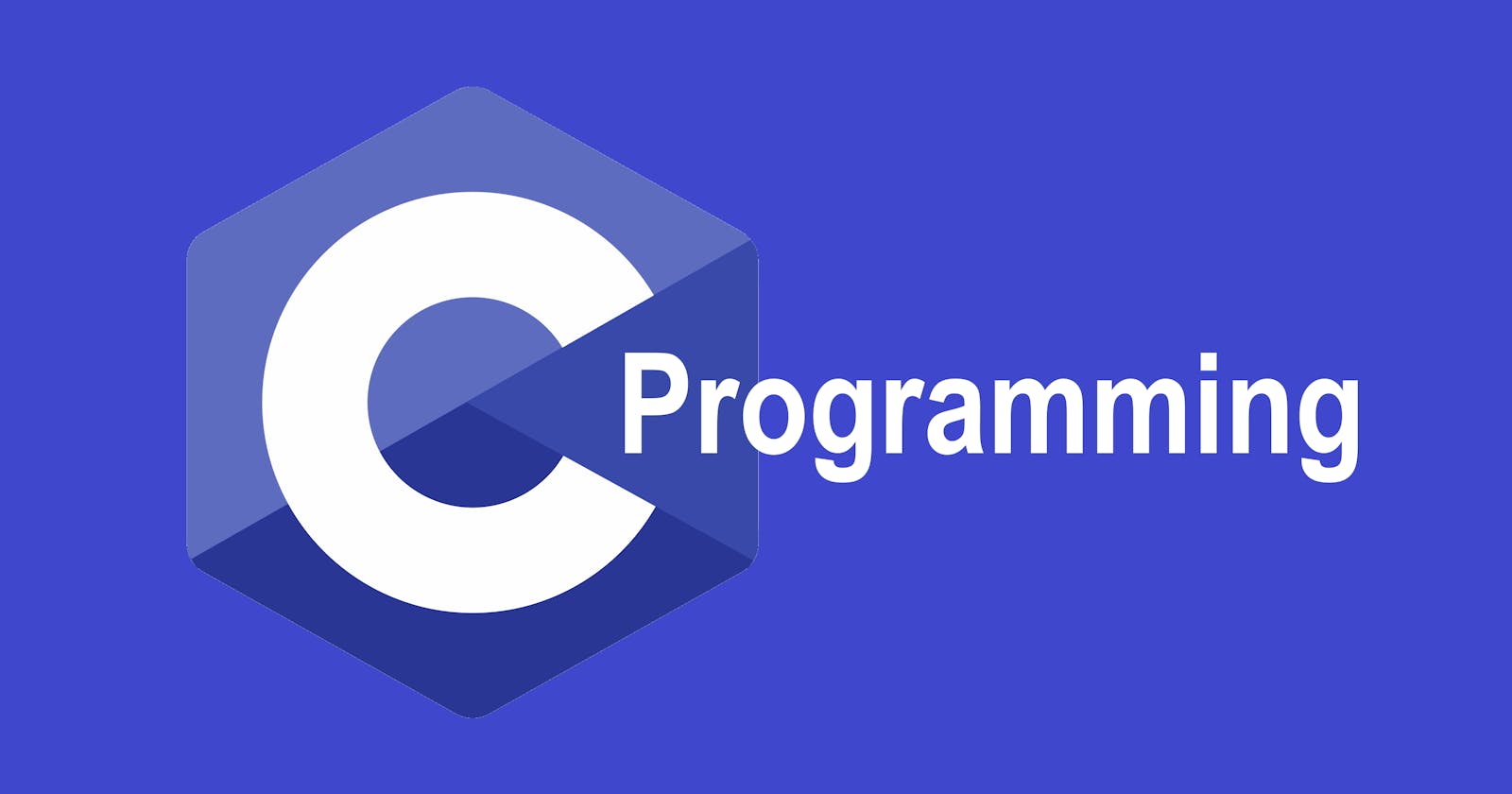C is a programming language that uses a specific syntax to define the structure and behavior of programs. Here are some of the most common syntax elements of C:
Data Types: C supports several built-in data types such as int, float, double, char, etc. Data types define the type of values a variable can store.
Variables: Variables are containers used to store values. In C, variables must be declared before they can be used.
Operators: C supports a variety of operators such as arithmetic operators, logical operators, and comparison operators. Operators are used to perform mathematical or logical operations on variables.
Control Structures: C provides several control structures such as if-else statements, switch statements, and loops like for, while, and do-while. These structures control the flow of the program execution.
Functions: Functions are reusable blocks of code that can be called from other parts of the program. In C, functions can take parameters and return values.
Arrays: Arrays are a collection of similar data types. In C, arrays can be one-dimensional or multi-dimensional.
Pointers: Pointers are variables that store the memory address of another variable. They are used to manipulate memory directly and can be used for advanced memory management and data structures.
Structures: Structures are user-defined data types that can hold multiple variables of different data types. They are used to group related data together.
File Handling: C provides built-in functions for reading and writing files. This allows programs to read input from files and write output to files.
These are some of the most common syntax elements of C. There are many more language features and syntax elements in C, but these are the foundational concepts that are used in most programs.
NOW ABOUT THE FUNCTIONS OF C LANGUAGE;
C language has a large number of built-in functions that can be used to perform a wide range of tasks. Here is a brief overview of some of the commonly used functions in C:
Input/Output functions: These functions are used for standard input/output operations. Some of the commonly used functions in this category are printf(), scanf(), getchar(), putchar(), gets(), and puts().
String functions: C provides a variety of functions to work with strings. Some of the commonly used functions in this category are strlen(), strcat(), strcpy(), strcmp(), and strchr().
Mathematical functions: C provides many mathematical functions that can be used to perform arithmetic and other mathematical operations. Some of the commonly used functions in this category are sqrt(), pow(), sin(), cos(), tan(), and log().
Memory management functions: C provides functions to allocate and free memory dynamically. Some of the commonly used functions in this category are malloc(), calloc(), realloc(), and free().
Date and time functions: C provides functions to work with date and time. Some of the commonly used functions in this category are time(), localtime(), asctime(), strftime(), and difftime().
File handling functions: C provides functions to read from and write to files. Some of the commonly used functions in this category are fopen(), fclose(), fread(), fwrite(), fscanf(), and fprintf().
These are just some of the commonly used functions in C. There are many more functions available in C, depending on the specific task at hand. Additionally, there are many libraries available that provide additional functions and capabilities for specific tasks, such as graphics, networking, and database access.
Predefined functions are those functions that are already included in the standard C library and can be used directly in the program without needing to define or implement them. Examples of predefined functions in C include printf(), scanf(), strlen(), strcmp(), malloc(), and many others. These functions are included in the standard C library and can be accessed by including the appropriate header files.
#wemakedevs #coding #Clanguage
